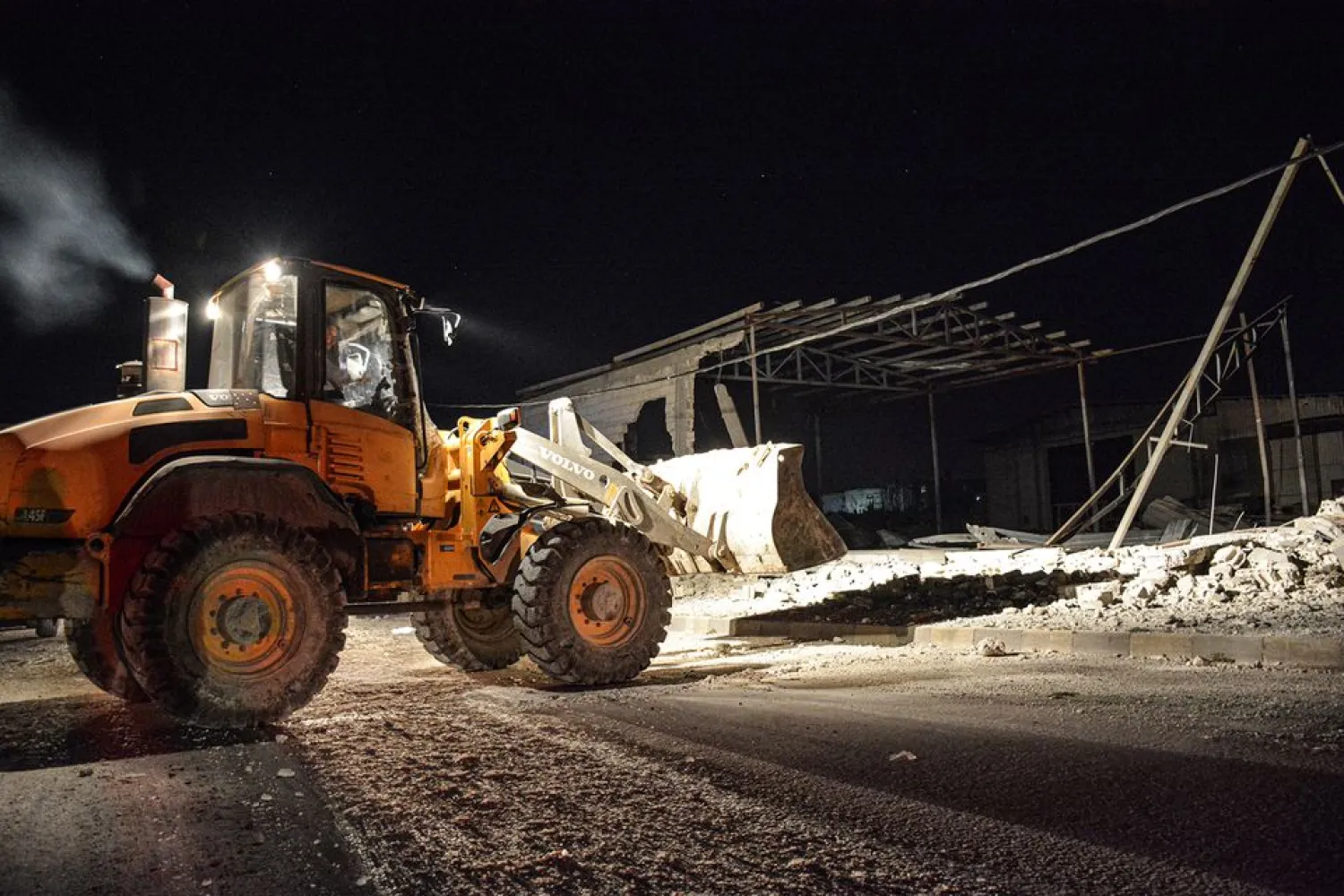Syrian air defenses downed several Israeli missiles during pre-dawn raids on the Mediterranean port city of Latakia, the Syrian army said on Wednesday, a rare attack on the ancestral home region of the Syrian leader and close to a Russian air base.
A Syrian army statement said aerial strikes soon after 2 am hit several areas along the south west coast of Latakia. One civilian was killed and six injured in one of the strikes that the army said hit a civilian plastics factory in Latakia city.
"Our aerial defenses intercepted the aggressor’s missiles and downed some of them," the army communique said.
State media earlier reported the Israeli attack also hit the town of Hifa, east of the port city of Latakia, and Misyaf in Hama province.
The Israeli military did not immediately comment.
Although Israeli strikes in the last few years have targeted many parts of Syria, they have rarely hit Latakia which is close to Russia's main air base of Hmeimim.
A senior military defector said the Israeli raid struck several areas in the town of Jabla in northwestern Latakia province, a bastion of Syrian President Bashar al Assad's minority Alawite sect that dominates the army and security forces.
Assad comes from Qerdaha, a village in the Alawite Mountains 28 km (17 miles) southeast of Latakia, where his father, the late President Hafez al-Assad, is buried.
Israel has escalated in recent months a so-called "shadow war" against Iranian-linked targets inside Syria, according to Western intelligence sources, who say the strikes mainly target research centers for weapons development, munitions depots and military convoys moving missiles from Syria to Lebanon.
Iran’s proxy militias led by Lebanon’s Hezbollah now hold sway over vast areas in eastern, southern and northwestern Syria, as well as several suburbs around Damascus. They also control Lebanese-Syrian border areas.
Israel has said its goal is to end Tehran’s military presence in Syria, which Western intelligence sources say has expanded in recent years.
Israel sent senior delegates to Washington last week to discuss Iran with US counterparts. The White House said the allies agreed on the "significant threat" posed by Iran's regional behavior.
Israel has stepped up its warnings against what it would deem a bad new nuclear deal between Iran and world powers, saying war with Tehran would be sure to follow.
Iran's indirect talks with US envoys in Vienna have been overshadowed by what appeared to be mutual sabotage attacks on Israeli and Iranian ships, as well as an explosion at Iran's Natanz enrichment plant that Tehran blamed on Israel.









